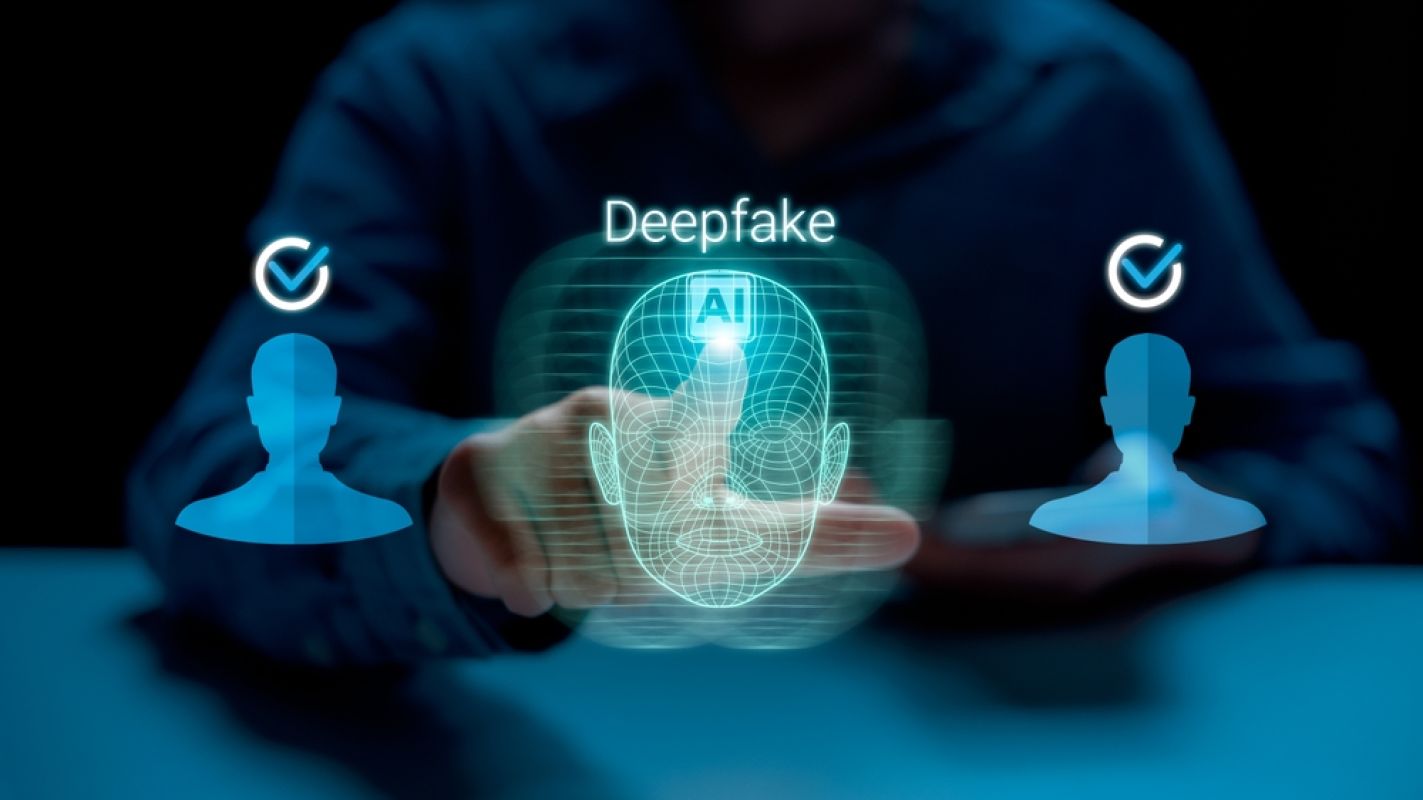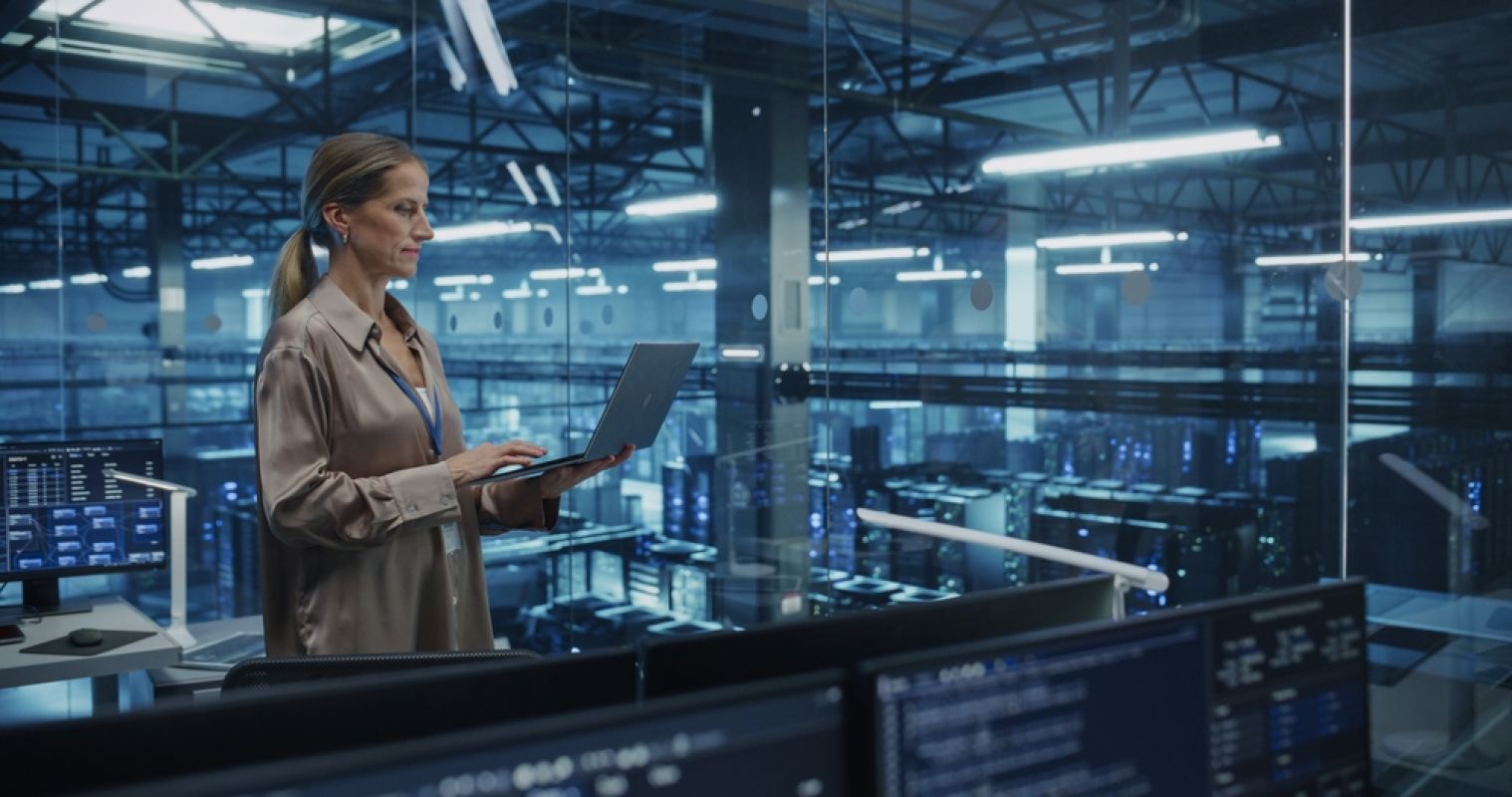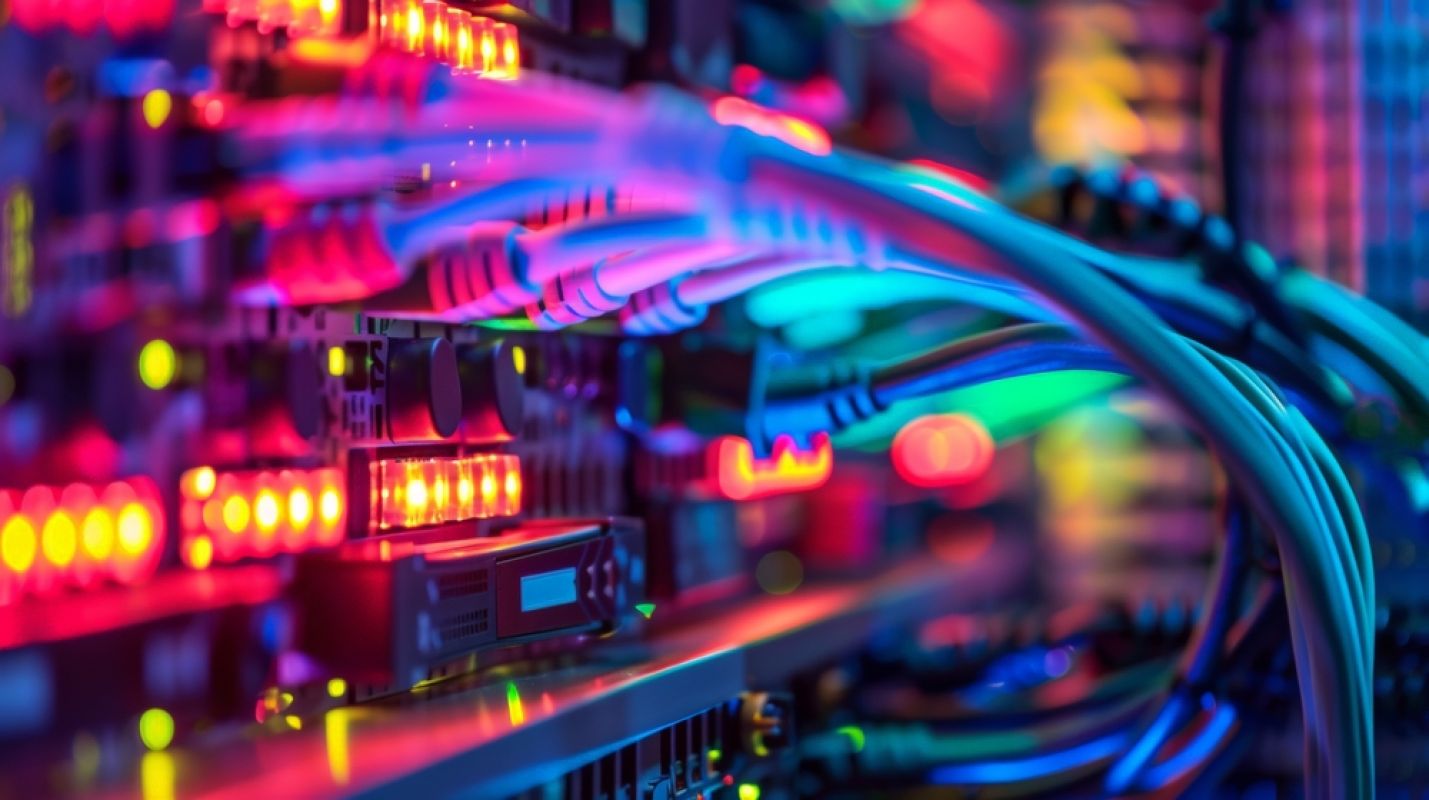

Why You Should Be Worried About Nation-State 2.0
Every cyber-security-conscious business leader must recognize the heightened threat levels from nation-state warfare attacks and proactively plan to avert them. Here’s why.
Cyber-warfare has been a headache for IT experts since time immemorial, and it seems to be getting more severe by the day. To help us understand this better, let’s look at the history of nation-state cyber events.
History Of Nation-State Cyber Attacks
The first nation-state cyber hack to be recorded is probably Clifford Stoll’s The Cuckoo’s Egg. In this book, he accounts for his hunt for a cyberattacker who broke into Lawrence Berkeley National Laboratory’s computers in 1986. It was not until the 1990s and 2000s that cyberwarfare became a real threat. However, even then, established nation-state hacker groups like Maze, Red Storm, Moonlight, and Titan Rain only orchestrated harmless spying operations.
The Stuxnet Computer Worm, first discovered in 2010, was a game-changer. Most experts believe that it marked the beginning of Nation-State 2.0. Created by multi-nation-state cooperation, Stuxnet was modular in design and capable of causing physical damage. The initial plan was to use it to obliterate physical nuclear weapon infrastructure. However, it has since been deduced that it triggered more physical damage than a conventional explosive bombing would have done. That’s partly because the targets were located in bomb-resistant underground bunkers.
Since the advent of the Stuxnet computer worm, we’ve seen a series of similar and even worse nation-state hacks. From the infamous SolarWinds supply chain attack to the hack on Sony Pictures, the recent Microsoft Exchange zero-day breach, etc., the nation-state game keeps advancing daily.
What Is Nation-State 2.0?
Here’s what makes nation-state cyber hacks Nation-State 2.0 and why you should be concerned:
- They No Longer Have Specific Targets: The most startling distinguishing factor is that nation-state 2.0 attacks are spontaneous and untargeted. In the early days of cyberwarfare, the only institutions that had to worry about nation-state hacks were think tanks, campuses, the military, aerospace, weapons, and their affiliates.
Nation-state threat actors didn’t just attack any organization and without any solid reason. This pattern began changing in the 1990s. According to CBS News, today, any company is a potential target. You can see this in the Microsoft Exchange hack that affected thousands of organizations from almost every industry. Which types of organizations did the SolarWinds hackers target? Nearly all of them. Nation-state attackers no longer discriminate; your organization (and any other) can be their next target.
- The Threat Actors No Longer Care To Hide: Nation-state hackers used to take their time planning onslaughts to ensure they aren’t tracked or noticed. Well, it turns out that’s no longer their priority.
Take the Sony Pictures attackers, for example. They not only made no efforts to conceal their traces but also publicly announced themselves at their own volition. The same goes for the Microsoft Exchange attack; the hackers left behind log files that they were sure had to be found.
What does this trend mean for your Chicagoland business? One, if you fall victim, you risk grave reputational dates. You never know what details the hackers may decide to divulge. And two, threat actors are shifting focus from hiding their identities to launching more intricate attacks.
- Nation-State Hackers Are Now Coming After Your Money: Traditionally, nation-state hackers were known for spying missions, cloning communications, and such James Bond-like stuff. Today, most nation-state hacker groups are going after financial gains. From compromising bank systems and siphoning millions, stealing cryptos, encrypting files, and demanding ransom, nation-state cyber attacking is now a lucrative business. I am persuaded to believe that this is how some nations generate revenue to fund their operations.
- They’re Becoming More Brazen: Nation-state hackers are attacking more often, not discriminating on targets, stealing money, and are unconcerned about concealing their traces. What do all these imply? It’s like hacker groups agreed to be more aggressive and get away with as much as they can. The truth is that there haven’t been as many physical warfares as the nation-state hacks we’re witnessing today.
What Can You Do To Stay Safe?
It’s now clear that we are transitioning into an era of more aggressive and more frequent nation-state cyberattacks. This means that every organization needs to re-evaluate its cybersecurity postures and develop better defense mechanisms.
- Include Nation-State Hack Scenarios in Your Risk Modeling: Now that you know that every organization is a potential target, you should proactively plan to avert such hacks. Nation-state hacks now apply to every company, regardless of the size or industry.
- Monitor Your Systems for Malicious Activities 24/7: Nation-state hackers, like any other threat actors, prefer to operate during odd hours. Besides having a system that notifies you if anything foreign invades your network, you should have human eyes on your system round-the-clock. Again, you should take every threat seriously. Any illegitimate executables or files running on your system should be thwarted immediately.
- Train Your Staff on Nation-State Attacks, how to identify one, and fast-response protocols. They’re your first line of defense.
Nation-state hacks are becoming more brazen, wider spread, more frequent, and with the potential of causing far-reaching damages. The only way to be safe is to assume you’re the next target and preparing accordingly. Above all, have a reliable team spearheading your cybersecurity efforts.
Leading IT offers 24/7, all-inclusive, fast, and friendly technology and cybersecurity support for nonprofits, manufacturers, schools, accounting firms, religious organizations, government, and law offices with 10-200 employees across the Chicagoland area.


